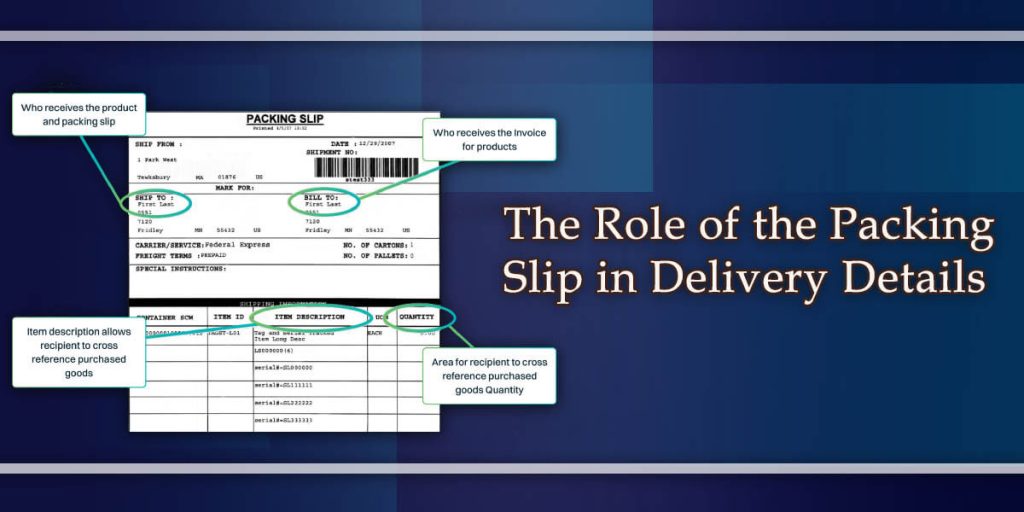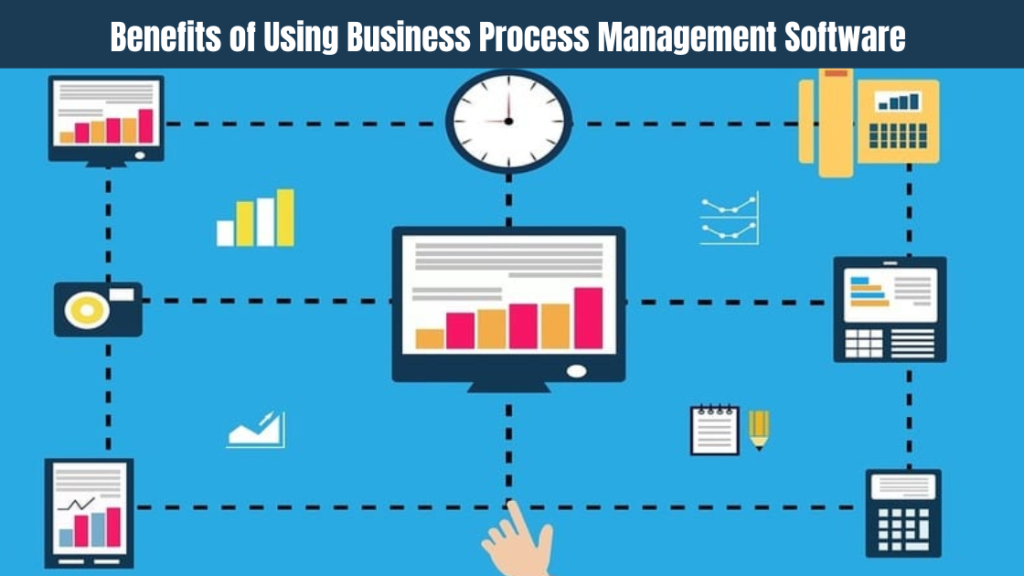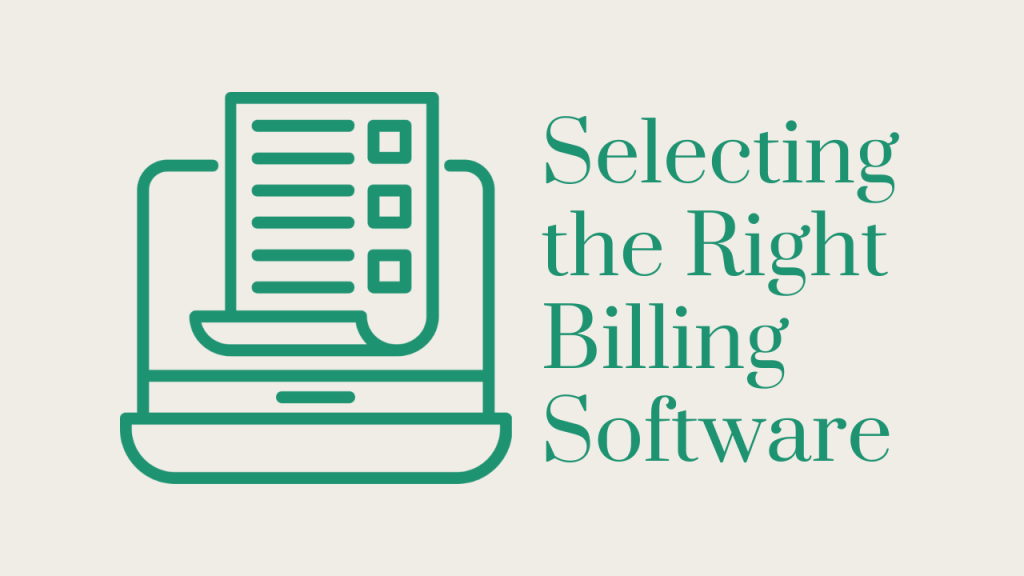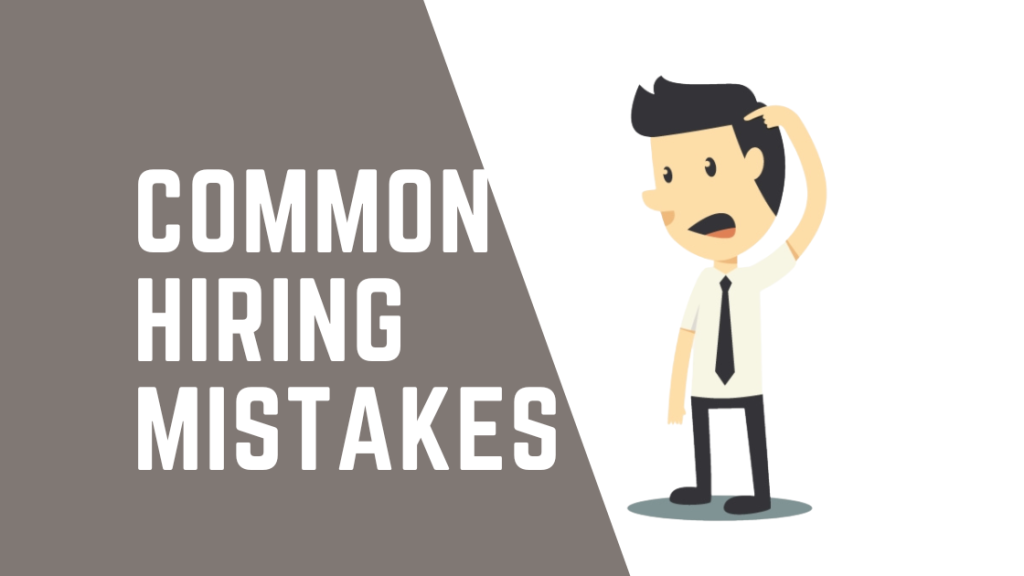The Impact of Stress on Productivity and How to Manage It

Ensuring productivity among all members of an organization or team is a crucial responsibility of management. This cannot be easy when high-stress levels and can negatively impact overall motivation and performance. Therefore, it is essential to understand how stress impacts productivity and develop strategies for healthy management.
It is crucial to detect stress symptoms at an early stage to manage stress levels effectively and maintain a healthy and contented life. It is often caused by difficult work deadlines, challenging tasks, and other pressures that disrupt motivation. Stress can cause poor work quality and decrease productivity over time.
Fortunately, organizations can use a few key strategies to manage employee stress levels. Establishing a secure and healthy workplace is crucial to providing flexible scheduling and remote work alternatives. We will discuss some important strategies to manage the impact of stress on productivity.
What is Stress and How Does it Affect Productivity?
Stress is the body’s response to everyday pressures and demands. Stress can arise from a specific event, like a pressing deadline or challenging project, or it can accumulate gradually due to various stressors in the work environment. When employees experience high-stress levels, they often become overwhelmed and struggle to complete tasks efficiently. This results in decreased productivity and can lead to feelings of exhaustion.
In addition, stress can have a significant physical impact on employees. They may experience headaches, tiredness, or difficulty sleeping, which can further decrease their ability to work productively.
Exploring the Root Causes of Stress
Looking at the root causes of stress in the modern work environment is important. Common sources of workplace stress include long hours, tight deadlines, uninteresting tasks, too much multitasking, lack of job satisfaction or meaning in work, and unclear supervisor expectations. In addition, workers might experience a sense of being overburdened by a corporate culture that moves quickly and urges them to finish their tasks swiftly.

Stress in the workplace is not always negative; some employees thrive under pressure and may find it motivating. Monitoring employee well-being and providing support is crucial to prevent tension and maintain productivity.
Organizations can implement a few key steps to minimize stress’s impact on productivity. First, employers should ensure that employees can access all the resources to complete their tasks efficiently. This includes providing adequate training, up-to-date tools, and regular feedback from supervisors or colleagues. Additionally, organizations should create a supportive work culture where employees are open to asking questions or seeking help.
Recognizing Individual Feelings of Stress
Understanding how anybody feels under stress is also essential. Employers should promote open communication about difficulties encountered at work and offer employees access to mental health support as needed. Employee check-ins on a regular basis give them a secure place to talk about problems without being afraid of criticism or bad results.
It is highly recommended that employers promote and support a healthy equilibrium between an employee’s work responsibilities and personal life. Promoting frequent breaks and planning vacations can be attained. It might be useful to support staff members in maintaining their motivation and productivity while preventing exhaustion in the long run.
Keeping stress levels under control is essential for a happy and effective workplace. By implementing the abovementioned strategies, organizations can create an environment where employees can better cope with stressors and remain focused on their work output. Under pressure, employees can remain motivated and productive with the right support and resources.
Although stress is a normal workplace component, it must be controlled to guarantee efficiency. To reduce stress and help employees maintain productivity, organizations should put into practice techniques including providing enough resources, promoting an open discourse about workplace difficulties, and encouraging a good work and life balance.
Strategies For Reducing Stress
Following are some strategies that can help to reduce the impact of stress on productivity and also helps to manage these effectively.
Setting Achievable Goals
Setting achievable goals is a crucial way to manage workplace stress effectively. This can help employees avoid overreaching and feeling overwhelmed by their workloads. Setting achievable goals means considering real-time deadlines, resources available, and other constraints before taking on a project.

Additionally, organizations should create systems that measure success accurately. This could include tracking key performance indicators (KPIs) to evaluate progress or setting team-based metrics to encourage collaboration and accountability. Accurate goal setting and measurement ensure that employees are held accountable without feeling overwhelmed by their workloads.
Taking Regular Breaks to Refocus
Finally, taking regular breaks is essential to managing stress levels. Short breaks improve productivity and reduce stress for employees. Organizations should encourage employees to take regular breaks by providing comfortable workspaces and flexible work hours when needed. Additionally, employers should provide resources such as meditation apps or mental health counselors for employees who need additional support. Regular breaks also allow employees to recharge and refocus their energy on tasks.
Working on Developing Coping Skills
Coping skills are techniques to manage stress in a healthy way. Employees can use them to stay focused and motivated during stressful situations. Examples include breathing exercises, progressive relaxation, visualization, and mindful meditation.
These techniques can be practiced during regular breaks or lunch to help employees refocus and recharge. Moreover, organizations can provide support by offering classes or workshops that teach employees how to deal with stress healthily and productively. Using this method can assist individuals in maintaining their focus on tasks without experiencing feelings of being overwhelmed or burnt out.

Sum Up
Acknowledge stress in the workplace for effective productivity management. To reduce employee stress, organizations should offer resources, encourage open communication, promote work/life balance, set attainable goals, and encourage breaks. Furthermore, they should offer support by providing mental health resources and teaching coping skills to help employees manage stress. With the right support and resources, employees can stay motivated and productive under pressure.



























































































